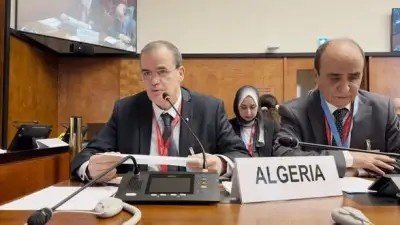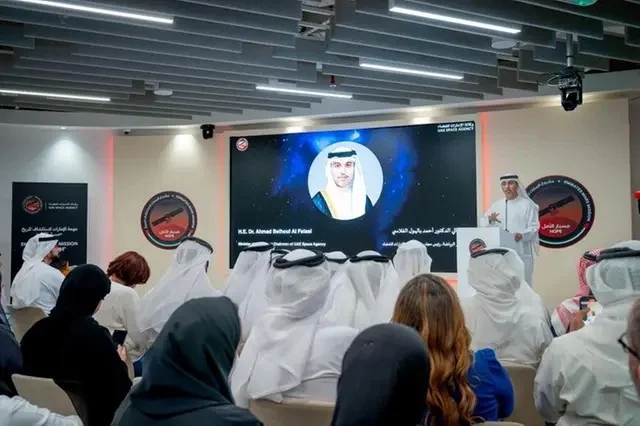Geneva — October 21, 2025: Algeria has once again underscored its long-standing dedication to Africa’s economic transformation and integration during the 16th Ministerial Session of the United Nations Conference on Trade and Development (UNCTAD), held at the Palais des Nations in Geneva from October 20 to 23.
Speaking at the African Ministerial Meeting on the sidelines of the session, Kamel Rezig, Algeria’s Minister of Trade and Export Promotion, reaffirmed his country’s enduring commitment to Africa’s development, guided by the vision of President Abdelmadjid Tebboune. He highlighted Algeria’s leading role in advancing strategic projects that serve as pillars of continental cooperation and modernization — notably the Trans-Saharan Highway, Trans-Saharan Gas Pipeline, and a high-speed internet network linking African nations.
“These projects form the backbone of Africa’s economic integration and technological progress,” Rezig said, emphasizing Algeria’s proactive efforts to promote inter-African trade and collaboration.
Rezig also drew attention to Algeria’s successful hosting of the 4th Intra-African Trade Fair (IATF 2025), held from September 4 to 10, which brought together African enterprises, investors, and policymakers to strengthen trade partnerships and enhance continental economic synergy.
A key highlight of Algeria’s commitment, Rezig announced, is the establishment of a $1 billion fund for African start-ups and innovators, aimed at financing initiatives across infrastructure, education, health, and energy sectors. The fund, he said, reflects Algeria’s belief in African solidarity, self-reliance, and youth empowerment as catalysts for sustainable development.
The minister also stressed the importance of the African Continental Free Trade Area (AfCFTA) as a tool for deepening economic integration through the removal of customs barriers and freer movement of goods, services, and capital.
Addressing Africa’s mounting debt crisis, Rezig called for a fair and lasting solution, commending the creation of the African Credit Rating Agency (AFCRA) as a mechanism to promote financial justice and sustainable growth. He also acknowledged UNCTAD’s essential role in supporting African economies through research, policy advice, and capacity-building in areas such as structural reform, debt relief, and digital transformation.
Rezig cautioned that the 16th UNCTAD session takes place amid intensifying global economic and geopolitical challenges, including rising debt levels, declining investment, energy and food price volatility, and climate change — all of which threaten Africa’s long-term resilience and technological progress.
Under the theme “Deciding the Future: Driving Economic Transformation for Fair, Inclusive, and Sustainable Development,” UNCTAD’s 16th session brings together heads of state, ministers from 195 nations, Nobel laureates, economists, and international organizations to shape strategies for equitable global growth.
Representing Algeria, Minister Rezig reaffirmed that the country’s strategic vision for Africa is built on solidarity, partnership, and shared progress, aiming to foster an integrated and sovereign continent capable of defining its own destiny in the global economy.















